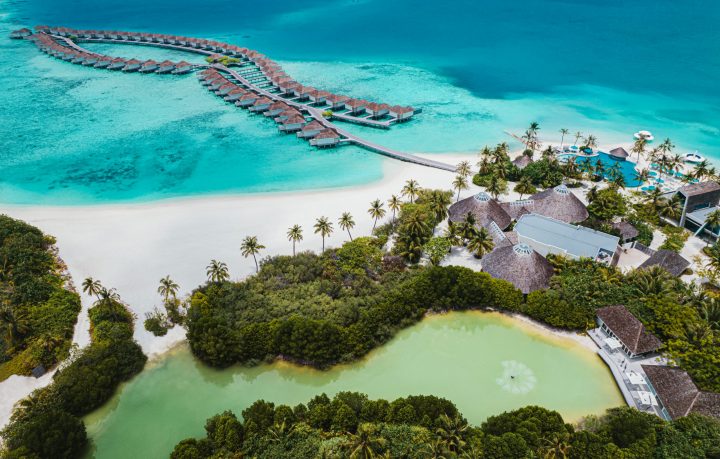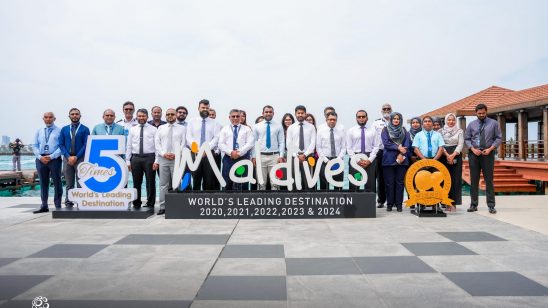
Maldives’ tourism under increasing pressure from high taxes, foreign exchange rules
The Maldives is facing mounting challenges that could dampen its appeal as a leading tourist destination. Recent regulatory changes, particularly those imposed by the Maldives Monetary Authority (MMA), have raised concerns among industry stakeholders.
In addition to significant increases in departure taxes, airport development fees, TGST, and the Green Tax, the MMA has introduced new foreign currency regulations requiring tourism facilities to exchange a portion of their foreign currency earnings through local banks. For budget, medium, and entry-level five-star resorts, hotels, and tourist vessels, this mandatory exchange amounts to a substantial $500 per guest. Guesthouses, meanwhile, are required to exchange $25 per tourist. Only 35 to 40 resorts out of 170 are likely to comply with this regulation unless they start paying for fuel, employee salaries, and service charges in Rufiyaa.
The Maldives Association of Tourism Industry (MATI) has fiercely opposed these regulations, arguing that the consultation process failed to adequately address their concerns. MATI expressed disappointment with the MMA’s claims of extensive consultations, asserting that the final regulations differ significantly from the proposals discussed. Credible information suggests that MATI is not rejecting the current regulations outright but is instead requesting a modification to implement a fixed percentage—10% of total revenue. This would be a better option, as high-end resorts often charge more than $500 per person. The issue lies not with the principle of currency exchange but with the fixed amounts, as most expenses for these facilities are in USD, not MRF.
A key concern is what tourism operators can do with excess Rufiyaa after complying with the compulsory exchange rules. Will the MMA sell USD back to allow businesses to repatriate dividends? Or will the USD be allocated to state-owned enterprises, NSPA, or other government projects—or even used to settle government debts? This uncertainty is a significant worry for investors.
Major international resort operators have also voiced their dissatisfaction with the new rules, citing potential financial strain on their operations. Some have even hinted at plans to defy the regulations, underscoring the challenges of adhering to such stringent requirements.
While the government’s aim is to bolster the economy and ensure financial stability, these measures could have unintended consequences. Increased costs associated with departure taxes, ADF, TGST, and green tax, alongside foreign currency exchange requirements, may deter tourists—particularly those seeking budget-friendly vacations. Moreover, these stringent regulations risk hindering the growth of the tourism industry, which is vital to the Maldivian economy.
This abrupt policy shift could impact tourist arrivals and scare off potential investors. Rather than imposing punitive measures, the government should focus on marketing efforts to increase tourist demand. While Green Tax and TGST increases may generate an additional $20–25 million in revenue, enhanced destination marketing could yield six times more through increased tourist arrivals.
To mitigate the negative impacts of these policies, it is imperative that the government engage in open and constructive dialogue with industry stakeholders. By actively seeking input and carefully considering the potential consequences of their decisions, policymakers can ensure the tourism industry remains vibrant and sustainable. A balanced approach that prioritizes economic growth and visitor satisfaction is crucial for maintaining the Maldives’ position as a world-class destination.






